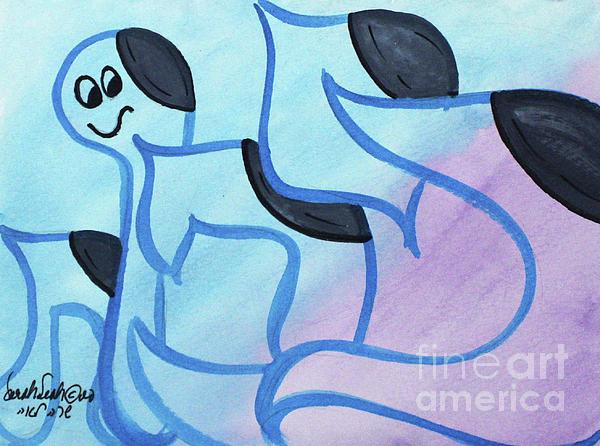Sale on canvas prints! Use code ABCXYZ at checkout for a special discount!


Boundary: Bleed area may not be visible.

The watermark at the lower right corner of the image will not appear on the final product.

by Hebrewletters SL
$49.00
This product is currently out of stock.
Size
Orientation
Image Size
Product Details
You'll never run out of power again! If the battery on your smartphone or tablet is running low... no problem. Just plug your device into the USB port on the top of this portable battery charger, and then continue to use your device while it gets recharged.
With a recharge capacity of 5200 mAh, this charger will give you 1.5 full recharges of your smartphone or recharge your tablet to 50% capacity.
When the battery charger runs out of power, just plug it into the wall using the supplied cable (included), and it will recharge itself for your next use.
Design Details
KIPPOT is a plural form of KIPPAH, from KAF, meaning PALM. A KIPPAH also called a YARMULKE or SKULLCAP, has become a universally recognized... more
Dimensions
1.80" W x 3.875" H x 0.90" D
Ships Within
1 - 2 business days

Painting

Canvas Print

Framed Print

Art Print

Poster

Metal Print

Acrylic Print

Wood Print

Greeting Card

iPhone Case

Throw Pillow

Duvet Cover

Shower Curtain

Tote Bag

Round Beach Towel

Zip Pouch

Beach Towel

Weekender Tote Bag

Portable Battery Charger

Bath Towel

Apparel

Coffee Mug

Yoga Mat

Spiral Notebook

Fleece Blanket

Tapestry
KIPPOT is a plural form of KIPPAH, from KAF, meaning PALM. A KIPPAH also called a YARMULKE or SKULLCAP, has become a universally recognized symbol of Jewish identity.
The following explanation is from The Encyclopedia of Jewish Symbols, by Ellen Frankel and Betsy Platkin Teutsch (1992. Northvale: Jason Aronson. 90-91):
In the Bible, there is no explicit commandment to cover one’s head for prayer of other religious functions. The High Priest and the ordinary priests wore specially designated head coverings. But the common Israelite was given no direction. In later biblical times and in Talmudic times, covering the head was a sign of mourning.
The Talmud considered the covered head a sign of awe before the Divine Presence, especially when praying or studying mysticism. The de facto requirement that Jewish men cover their heads for prayer is a relatively recent phenomenon.
The Hebrew Letters featured in this painting are Caf Pey Vav Tav. Taken tog...

Biography coming soon...
$49.00


There are no comments for Kippot . Click here to post the first comment.